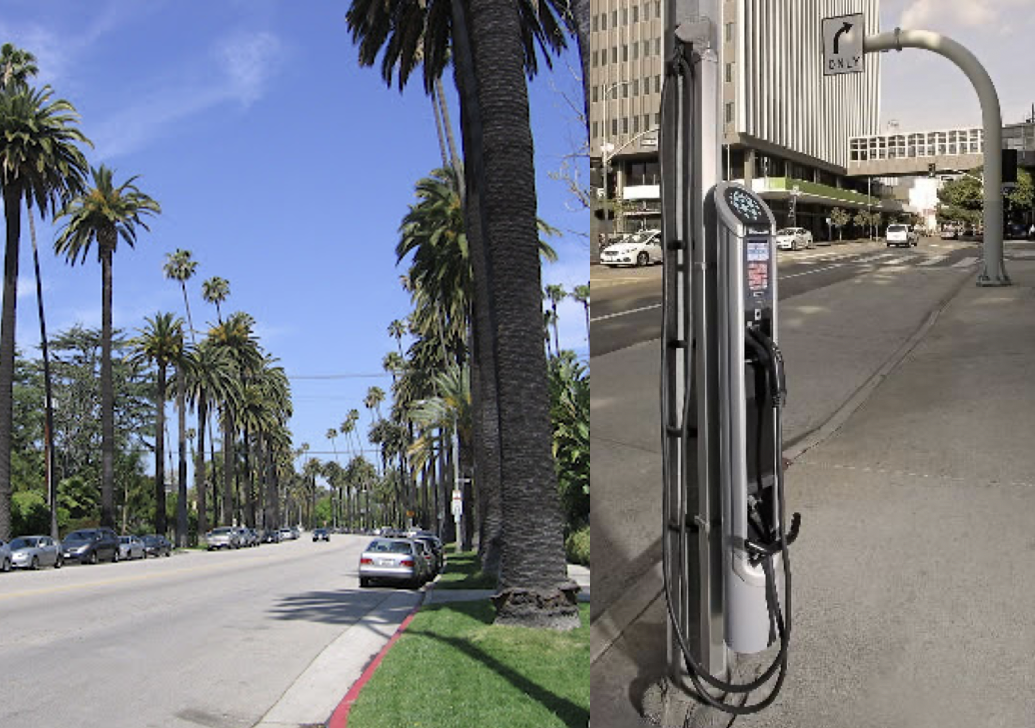Smart EV Charging Infrastructure
EV Charging Infrastructure refers installation, operation, and management of the EV Charging stations in public accessible locations.
Industry Trend
Driving electric vehicles is the future of our life.. It is projected that 245 million electric vehicles will be on the road globally by 2030 vs. about 6 million at the end of 2020. As EV adoption grows, the demand for charging stations will grow along with it. Office parks, shopping malls, school campuses, and more have been seeing the build-up of the EV charging stations to meet driver’s EV charging needs. Simply speaking, EV charging infrastructure is integral part of our green new world.
Xingtera provides the complete EV charging infrastructure solutions, Our offering includes various AC Chargers, DC Fast Chargers up to 300kW, DC Super Charger/Split Charging Systems, DC Office Board Chargers or two-wheelers and three-wheelers, Lithium Batteries, Battery Swapping Stations, Curved Solar Panels for car roofs, etc. Real-time Network Monitoring and Backend Analytics are also provided to enable EV charging service companies to operate a smooth and efficient EV charging service to the public.

What are Challenges in Today's EV Charging Infrastruacture
Solution Overview
Our EV Charging Infrastructure solution consists of EV superchargers, power grid utility supplying to the superchargers, cloud-based management platform, and mobile App that drivers use to manage and pay for the charging service. We can work with the EV charging infrastructure businesses to customize the end-to-end solutions to meet their service requirements.
System Overview
This system consists of mobile App, cloud platform, superchargers, network components (wired/wireless), high power grid specially built for superchargers. Superchargers are connected to cloud platform via wireless technologies including 4G and 5G cellular communication networks.
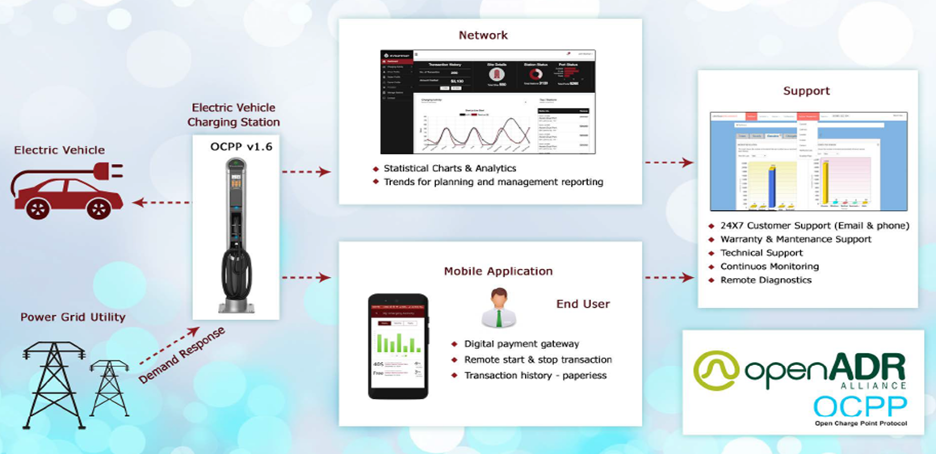
HW Product Offerings
Our EV Charging cloud platform can be used to monitor EV charging station sites and sent the EV charger availability status of a given site to the drivers on the mobile App. It supports the followings:
- Transaction List
- Owner Charging Activity
- Driver Charging Activity
- Add New Driver
- Credits
- Gridkey
- Edit Profiles
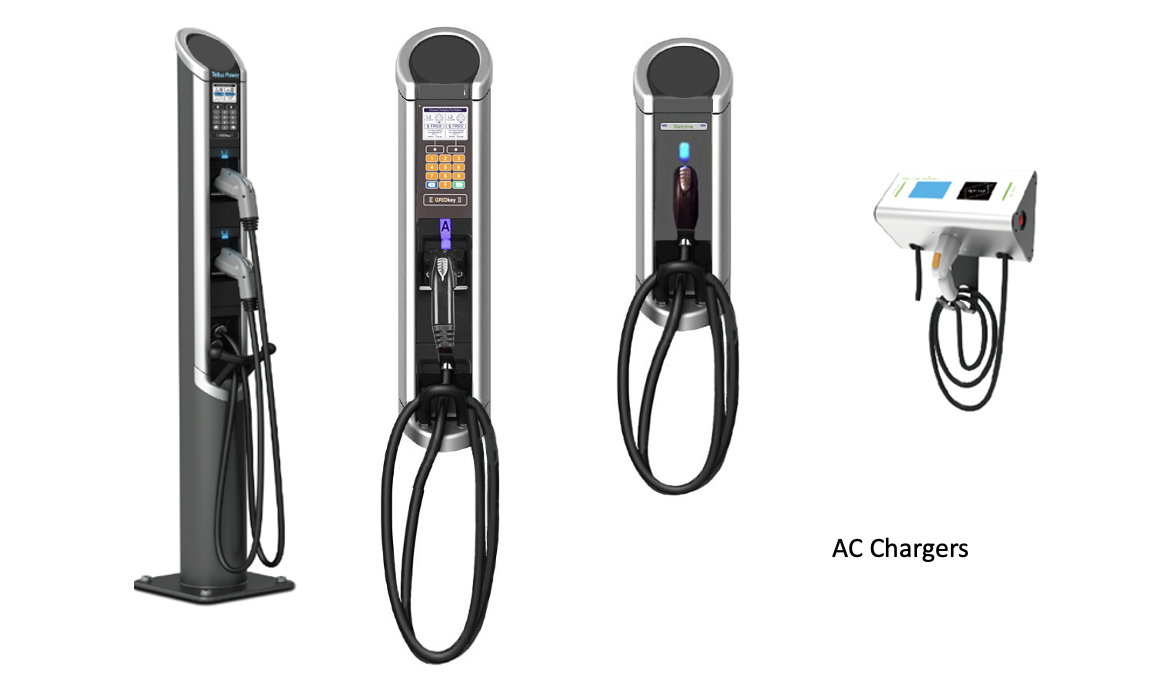
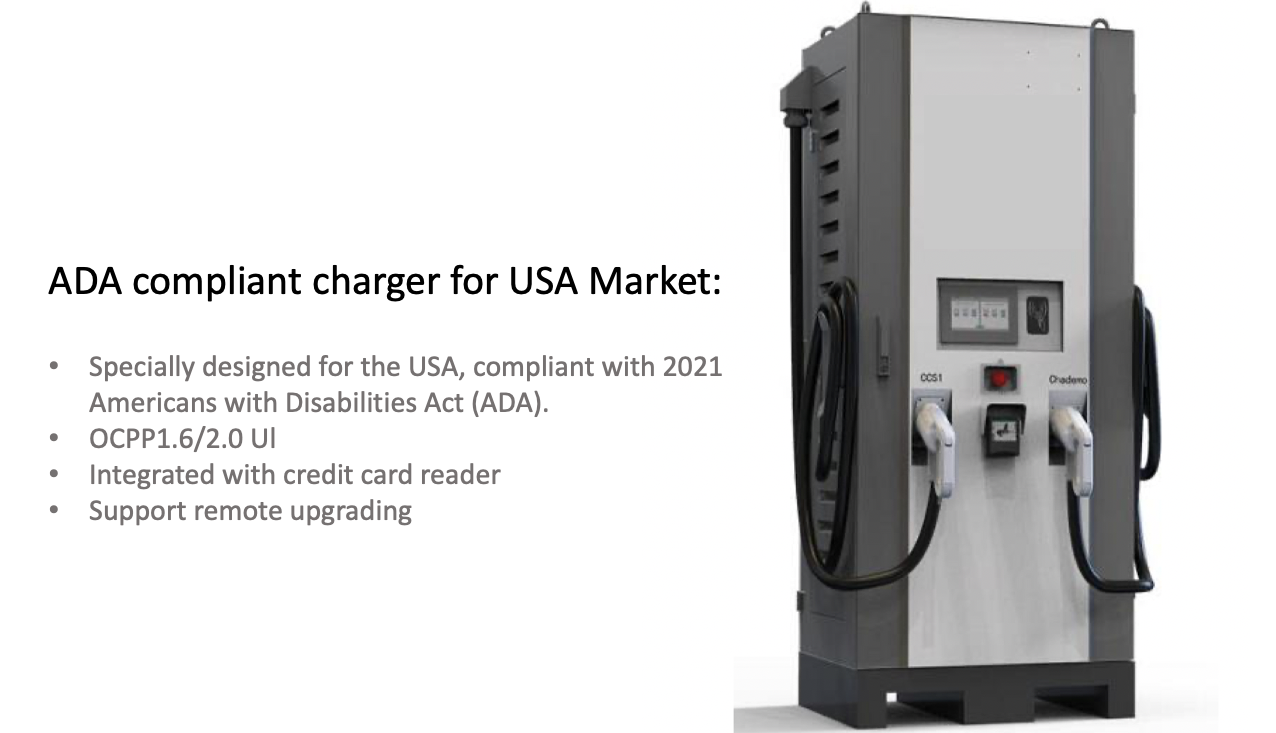
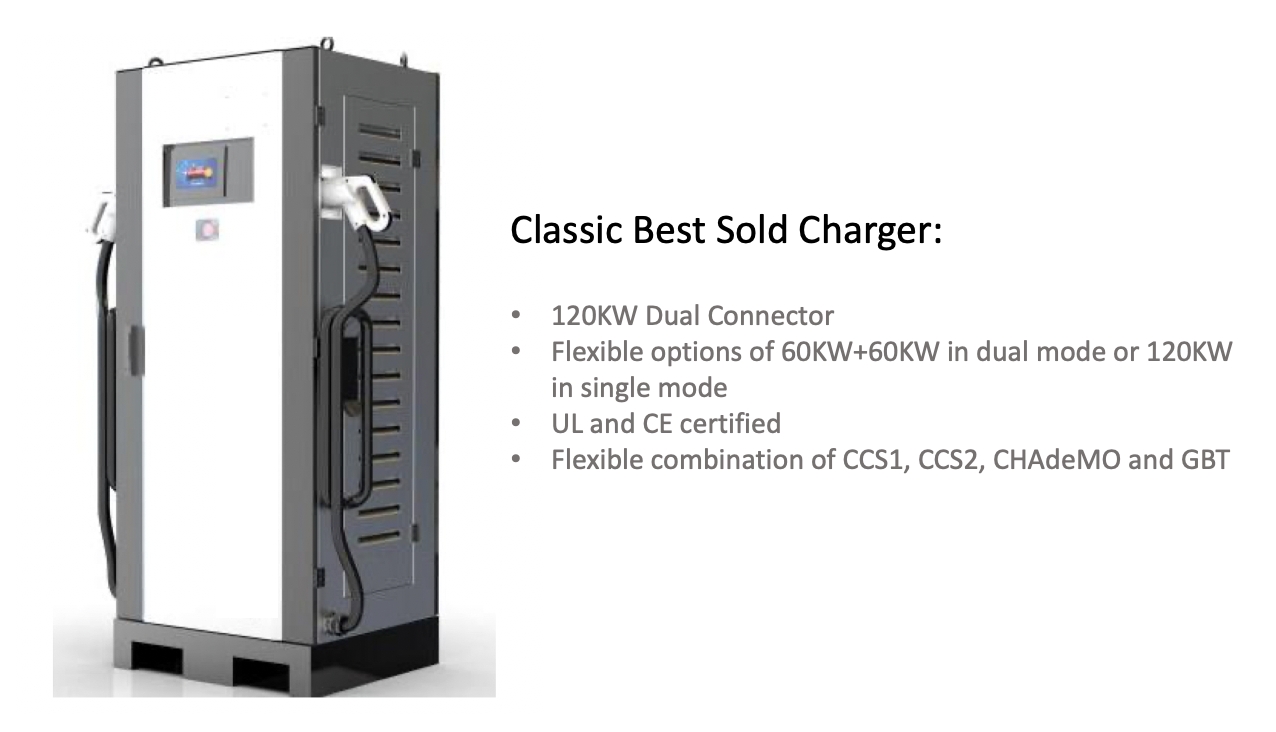
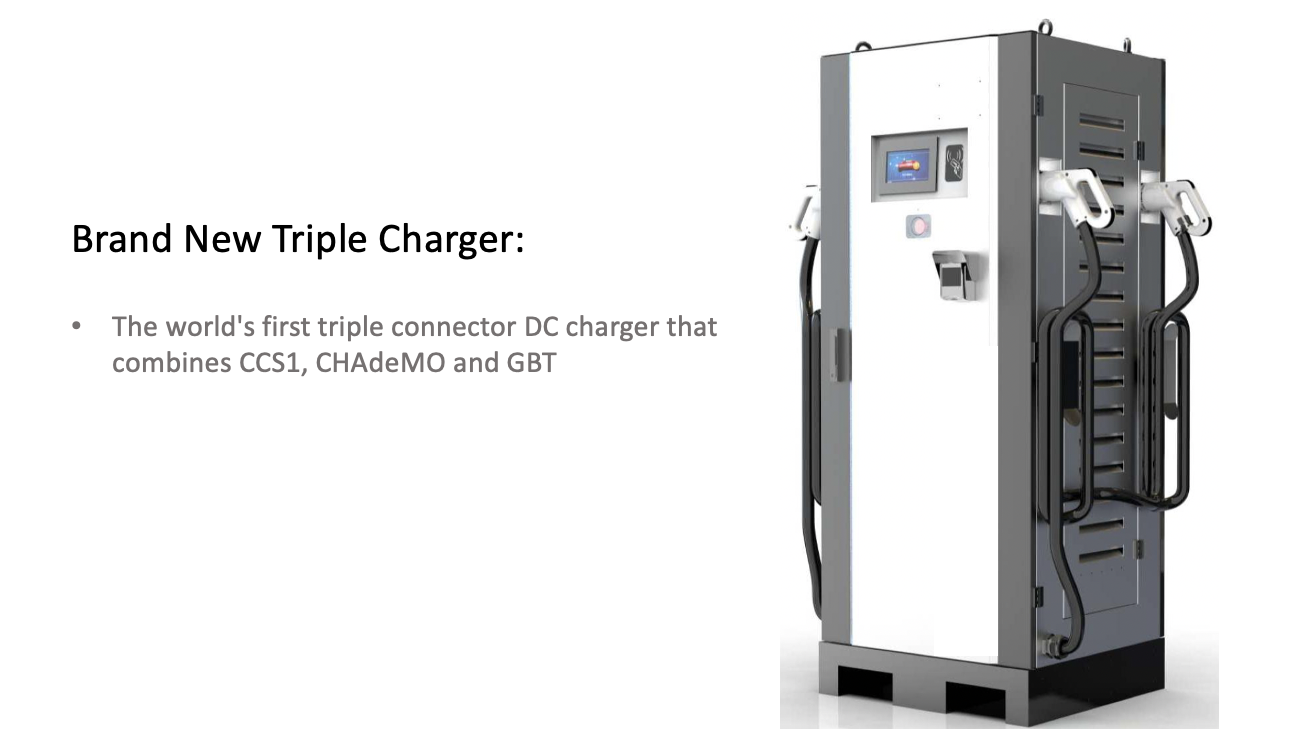
EV Charging Platform
Our EV Charging cloud platform can be used to monitor EV charging station sites and sent the EV charger availability status of a given site to the drivers on the mobile App. It supports the followings:
- Transaction List
- Owner Charging Activity
- Driver Charging Activity
- Add New Driver
- Credits
- Gridkey
- Edit Profiles
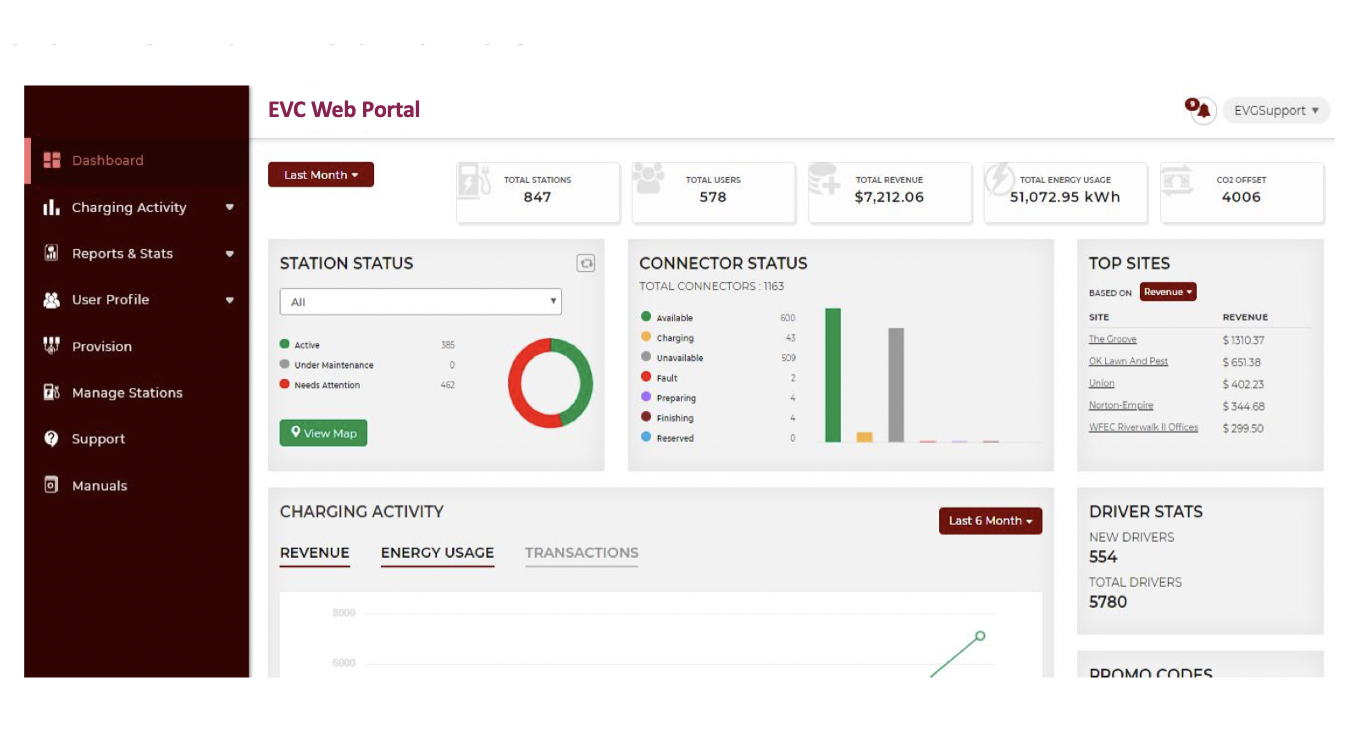
Mobile APP
The Mobile APP supports the following key features:
- Sign up
- Remote Start Transaction
- Remote Stop Transaction
- Make reservation
- Push Notification
- Add EV
- Auto Payments
- Charging Activity
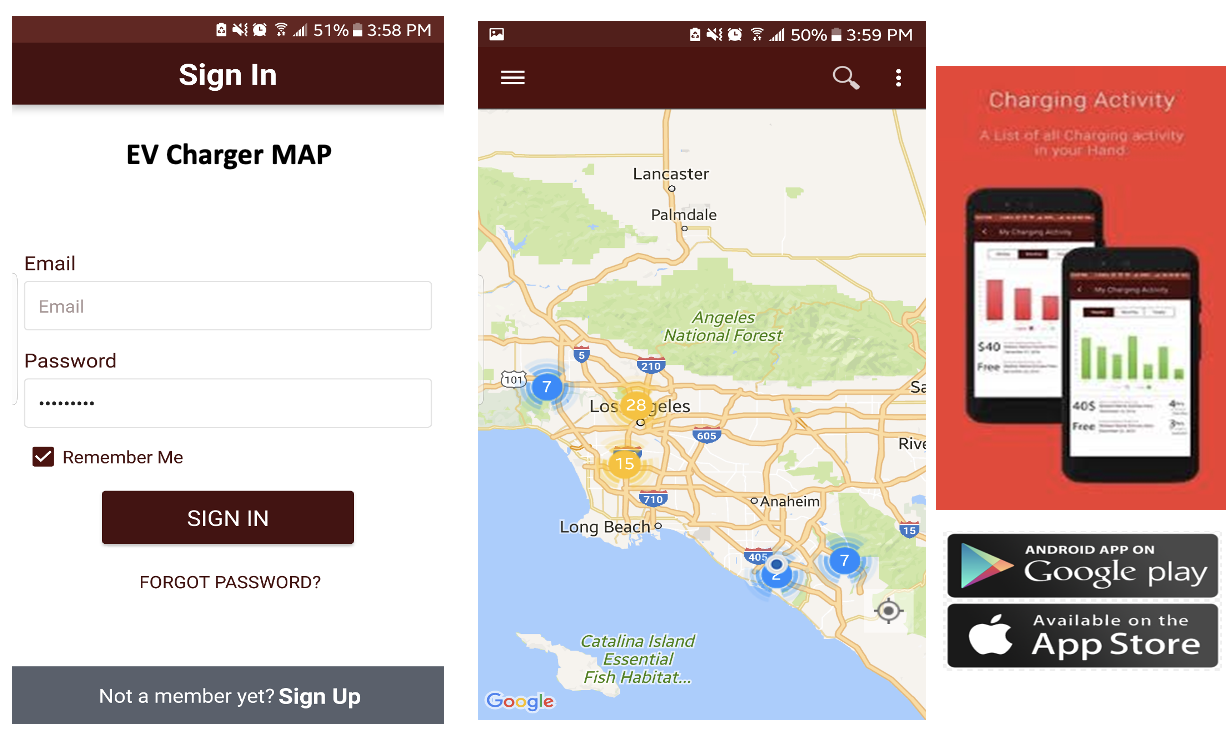
Main Benefits
There are multiple advantages with our solutions. We are offering the whole system for green energy with affordable price, enduring product quality and great business value.
Application Scenarios
150,000 AC Chargers and 10,000+ DC Fast Chargers Installed worldwide, with operations in India, North America, South America, China, Europe, and Middle East.

Fast Charging Station for EV
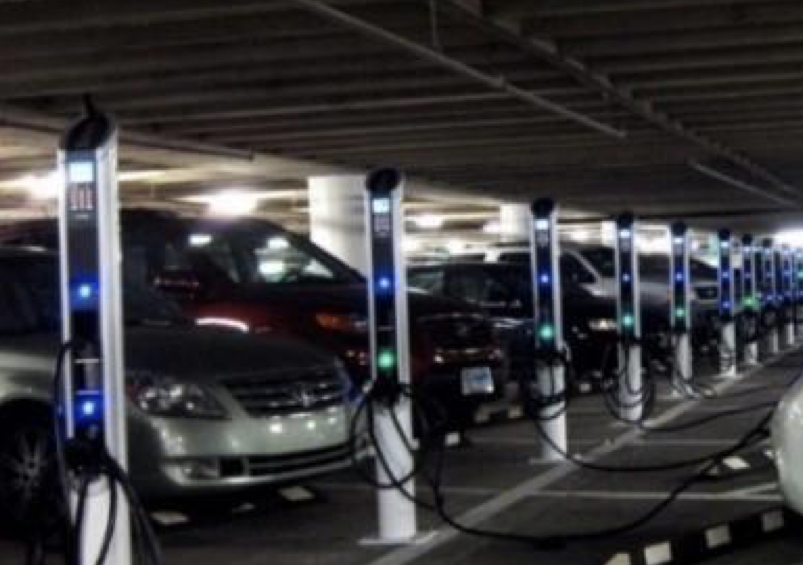
EV Fleet Charging for City

Charging Station with Solar Roof
